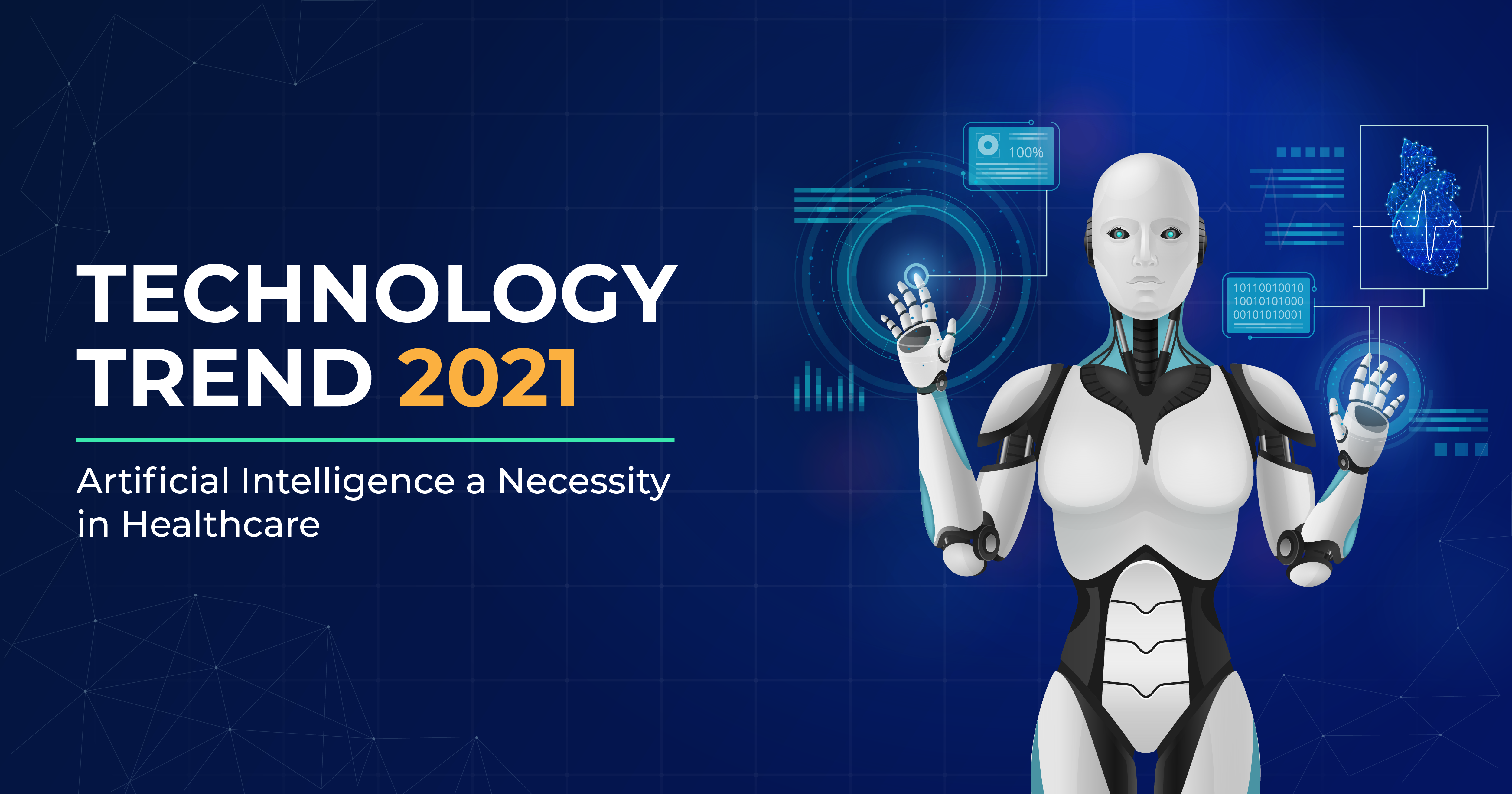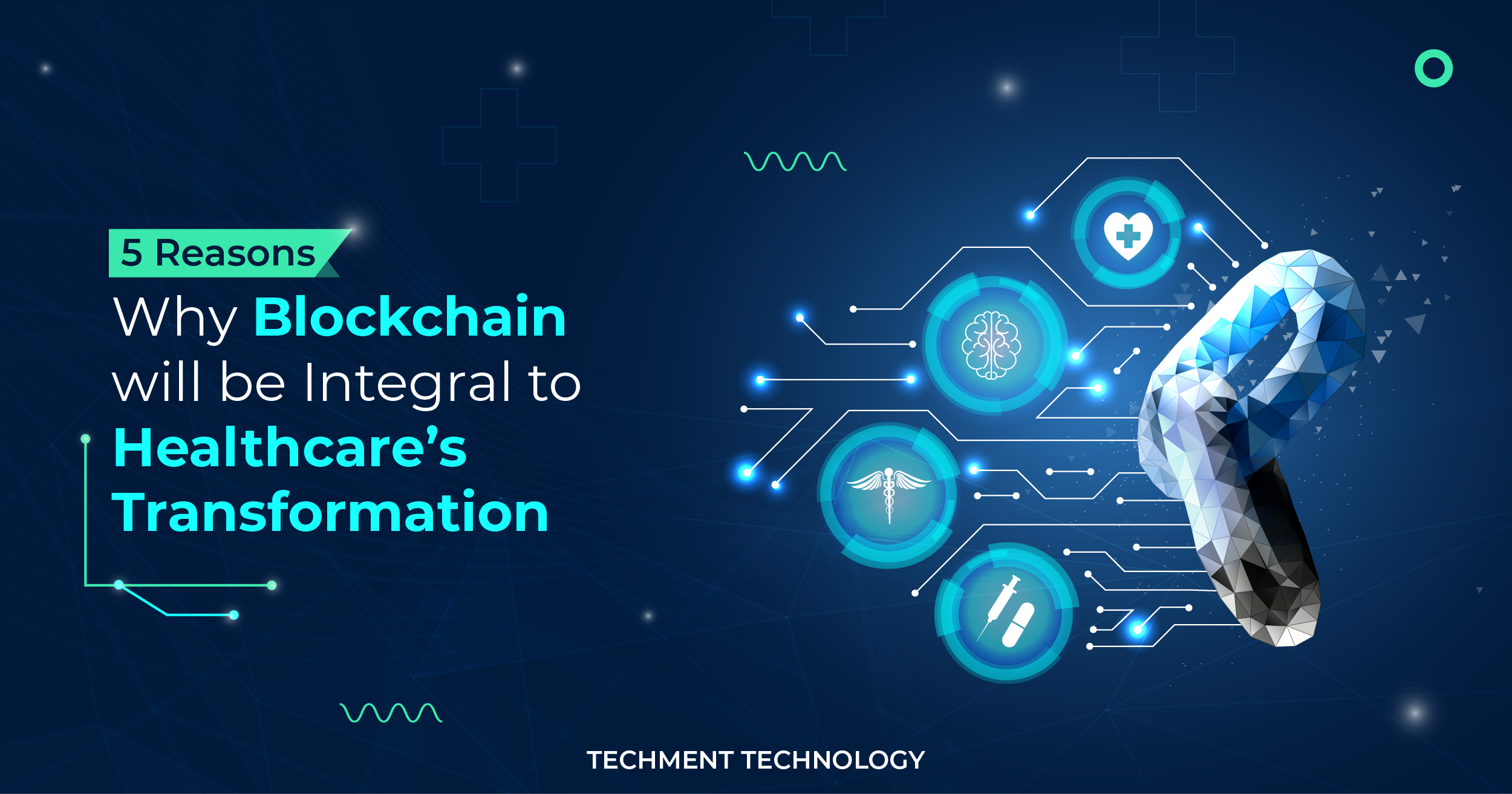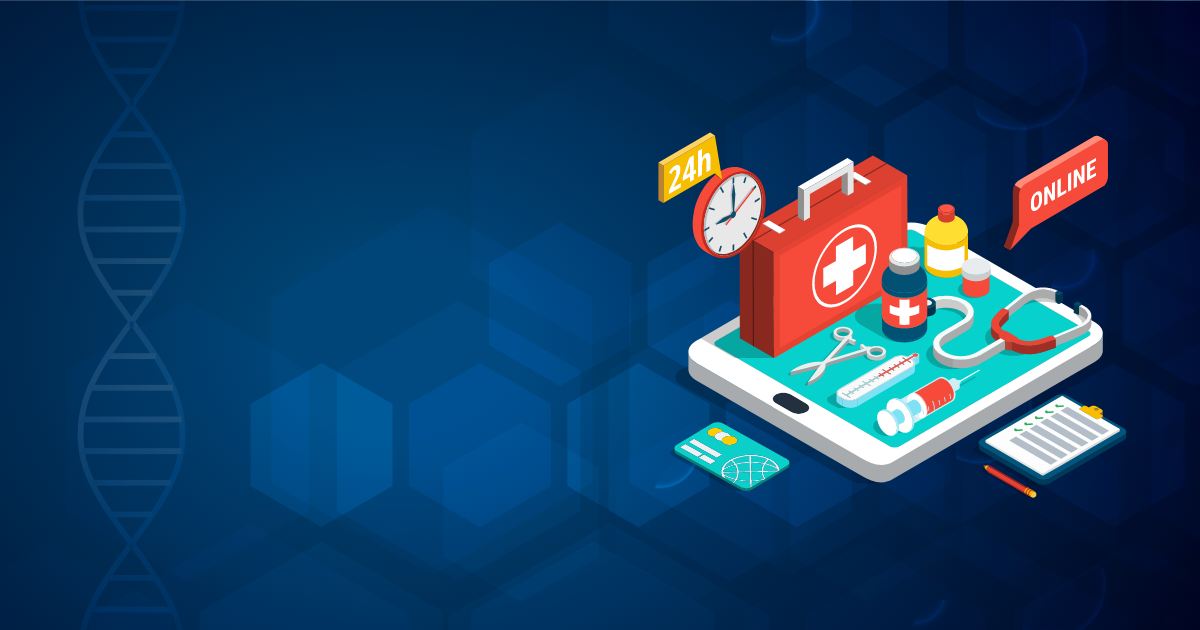In the healthcare landscape, a deep fragmentation persists among the patients, payers, innovators, policymakers, and providers. CEOs struggle with a lack of understanding of each other’s business models, impeding collaborative efforts.
The challenges extend to patients who change doctors and medications every few years due to difficulties understanding their health plans. As we embark on a journey to explore the intersection of AI, data, and healthcare, we uncover how these technologies can bridge the gaps and revolutionize the current healthcare landscape.
When considering AI for our health, it’s crucial to rely on the numbers to substantiate the claims made:

According to Statista, the artificial intelligence (AI) healthcare market is projected to grow to $187 billion in 2030. This will surely accelerate the pace of change in healthcare. With better Machine learning(ML) algorithms, more access to data, cheaper cost of care and remote accessibility, the application of AI in healthcare will drastically increase. AI/ML technologies can process massive data from health records to genetic information and can analyze it much faster than humans.
However, the current healthcare ecosystem is facing the following challenges:
The healthcare ecosystem faces multifaceted challenges that hinder its optimal functioning. Issues such as fragmented communication among various stakeholders, difficulty in understanding health plans, and the prevalence of duplicative information in Electronic Medical Records (EMRs) contribute to a lack of cohesion.
Additionally, the rapid rise in medical specialization may lead to a narrow focus on specific body parts, potentially overlooking holistic patient care. The absence of a unified global framework for health information further complicates standardization efforts. These challenges underscore the need for innovative solutions and a holistic approach to address the intricacies within the healthcare landscape.
Information Overload and Fragmented Ecosystem
Electronic Medical Records (EMRs) ironically contain duplicate data in 51% of cases, creating challenges for health professionals. The complexity of health insurance systems further complicates matters, requiring individuals to be more informed about costs and coverage. Here, the role of AI, particularly Chat GPT, emerges as a crucial ally in making health information accessible and user-friendly. – How? Let’s understand with a real life example which is as follows:
In a real-life example of the transformative power of technology in healthcare, a young boy named Alex underwent a three-year struggle with chronic pain that left 17 doctors perplexed. His frustrated mother turned to ChatGPT and shared detailed information about Alex’s symptoms and medical history. Through a meticulous process of inputting MRI notes and symptoms, ChatGPT suggested a potential diagnosis of tethered cord syndrome, a condition often challenging to identify. This revelation became a turning point, leading Alex’s family to a new neurosurgeon who confirmed the diagnosis. The successful surgery to address the tethered cord syndrome offers a testament to how AI, in this case, ChatGPT, can serve as a valuable partner in the diagnostic journey, particularly for complex and undiagnosed medical conditions.
AI and Chat GPT are clearly emerging as essential tools to sift through vast information, aiding in informed decision-making. In addition, physicians need more training in digital health tools despite their expertise, leading to many systems with varying terminologies and communication challenges.
Patient Empowerment and Information Democratization
In the context of the ongoing COVID-19 pandemic, information has shifted from anxiety to exhaustion. Clear communication becomes important as misinformation spreads, impacting preventive and interventional care. But still democratization of information is the question here.
Understanding COVID-19 has been tricky, especially with changing messages about masks and vaccines. At first, we were told masks weren’t needed, then suddenly, they were crucial. Vaccines faced doubts, too. People misunderstood that vaccines don’t stop you from getting COVID but significantly lower the chances of severe illness or death. The global effort with millions getting vaccinated was like a huge trial. Misinformation has been a big problem, causing harm. So, it’s vital to keep discussing health information, especially vaccines, to fight misinformation. Consequently, technology becomes crucial in sharing correct and easily accessible health information and becomes our best tool against the dangers of misinformation.
AI’s Crucial Role in Synthesizing Information
As we struggle with information overload, AI’s ability to synthesize complex data becomes crucial in preventive and interventional care. The ongoing conversation about the darker consequences of misinformation requires an AI-driven approach to draw meaningful conclusions and stay ahead of potential health crises. It’s a paradigm shift—from fearing AI to recognizing its indispensable role in navigating our complex health system.
While anxiety surrounds the use of AI and Chat GPT, the reality is that there’s no turning back. The focus should shift to perfecting these technologies, recognizing their potential to address the disjointed health system. Investments in solutions are rising, with major players and government agencies anticipated to step in and streamline processes. A shift towards more significant players entering the scene is predicted in the next three to five years.
In conclusion, the impact of AI and data on healthcare goes beyond addressing current challenges—it’s about shaping a future where information is seamlessly integrated, empowering healthcare professionals and patients. As we embrace these transformative technologies, we begin the journey toward a connected, efficient, and sustainable healthcare ecosystem.
Tune into our interesting podcast on, ‘Information is the Pathway and Currency to Prevent and Treat Disease,’ spotlighting insights from Gil Bashe, Chair of Global Health and Purpose at FINN Partners. From combat medic to C-Suite counselor, Gil connects the dots through communication, making him an esteemed guest speaker on our podcast.
Ready to discuss how these innovations can shape your healthcare projects? Connect with our Resident Architect to explore possibilities and solutions.
 All Posts
All Posts


